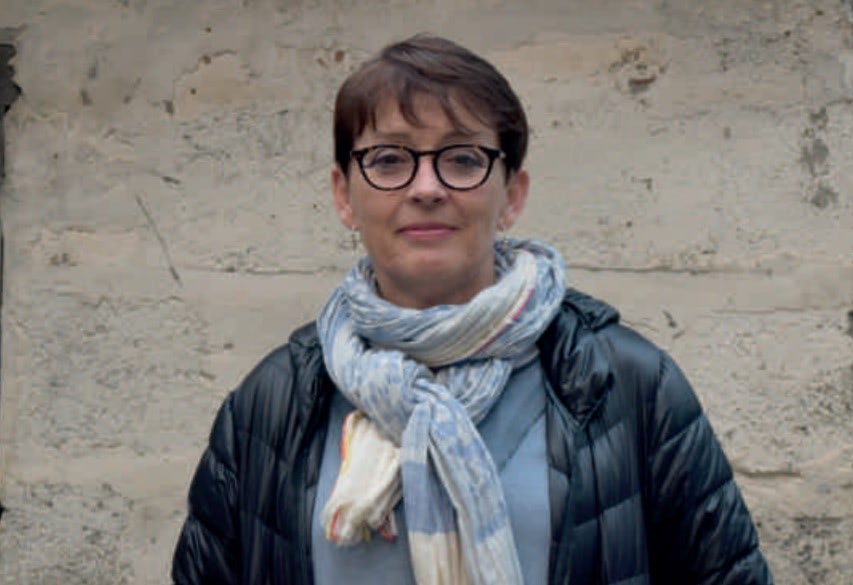Pioneering non-formal and alternative learning techniques in Nepal

#InternationalEducationDay
For a long time, traditional education models have failed to equip every child with the skills they need to fulfil their potential and partake meaningfully in society.
Whilst many children thrive in a full-time school or college environment, many others, particularly those in developing countries, struggle with outdated ‘chalk and talk’ teaching methods or are excluded from school altogether due to their personal circumstances.
Even in countries where education is ostensibly free, poverty or a difficult home life can become enormous barriers to accessing the full benefits of education and improving career prospects.
Breaking the vicious cycle of entrenched poverty
In Nepal, one of the poorest countries in the world, school enrolment rates have increased significantly in recent years, but many of the poorest children continue to have low attendance rates, or simply drop-out completely.
The reasons for this vary, and include the inability of families to continue to afford uniforms, books and exam fees; pressure on children to work in order to supplement family income or to simply survive, and a lack of belief in the value or relevance of education to their circumstances.
As such, thousands of children are effectively excluded from school and many are forced to leave home to find work; often in dangerous and exploitative conditions. Here, they are at high risk of encountering and enduring abuse and remaining trapped in the vicious cycle of entrenched poverty.
With so many intersecting forces at play, successfully helping vulnerable children access appropriate education can only be successful if the root causes, as well as the symptoms, are addressed.
Rethinking traditional learning structures
This means rethinking how traditional learning structures function and finding innovative, cost-effective ways of making learning more accessible and relevant. I lead a charity called Kidasha, which supports children growing up in extreme poverty in Nepal.
Through our work over the last 20 years, we have encountered thousands of street-connected, working and other very poor children who are excluded from mainstream education. Children who due to their circumstances, are beyond the current reach of government support and who, for various reasons are often unable or unwilling to return to school.
For these children, providing non-formal and alternative learning techniques is essential if they are to have any chance of forging a more positive path in life.
Our work has seen us establish several drop-in centres in Pokhara, where children can access alternative education classes, interact with other children and benefit from the positive guidance of adults.
Attendance not only provides children with an opportunity to improve their educational attainment but also enables them to develop healthy social relationships; thereby increasing their self-confidence and self-esteem and helping them become emotionally resilient.
Tailored learning and training
In addition to this, by recognising that every child has unique needs, we have developed a range of tailored learning and training programmes. In particular, a functional learning course we have pioneered targets young workers – for whom returning to full-time education is neither a desirable nor viable option – and teaches them in ways that are relevant to their needs and at times that fit with their work commitments.
Over the years, hundreds of young people have benefitted from this course and obtained the literacy and numeracy skills needed to pursue a more positive career and fair wage. Non-formal and alternative learning is often thought of as a supplement to traditional education, but for these children, it’s a lifeline.
We’ve been fortunate to witness the positive impact of these alternative methods first-hand. Over the past five years, we have removed almost 1,000 children from exploitative labour and provided almost 2,700 children with alternative learning opportunities.
We are proud that this long-term commitment has contributed towards a 73% reduction in child labour in Pokhara, Nepal’s second largest city.
Alternative learning approaches tackle both the causes and impact of poverty by developing soft skills alongside tangible qualifications. It gives vulnerable young people the confidence and skills they need to access new career paths, avoid exploitative environments and break the cycle of poverty. There’s no single solution to the problems caused by systemic poverty, but access to learning, in whatever form, is a good way to start.
Janice Miller, CEO of Kidasha












Responses